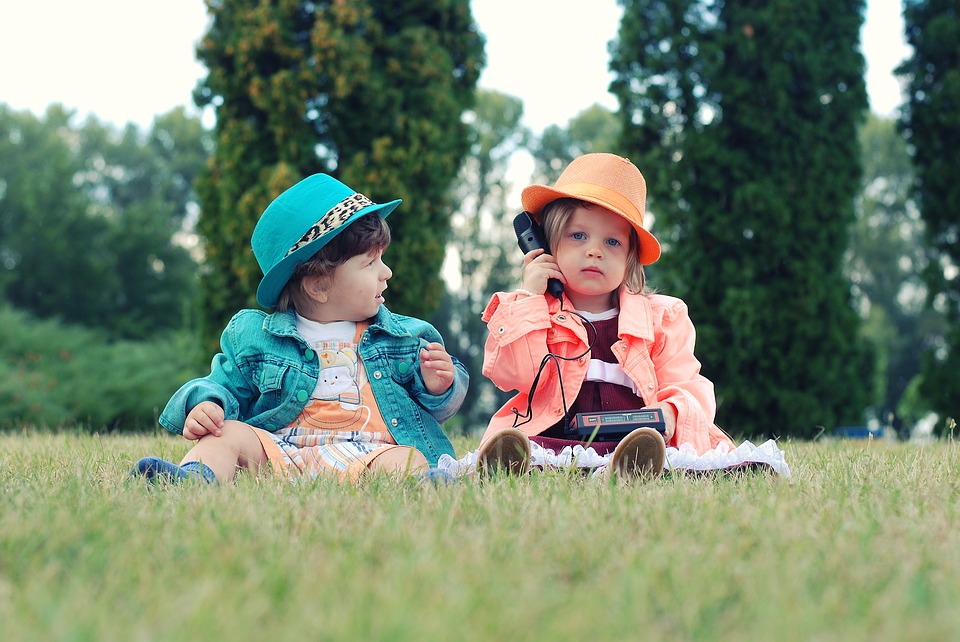This website uses cookies so that we can provide you with the best user experience possible. Cookie information is stored in your browser and performs functions such as recognising you when you return to our website and helping our team to understand which sections of the website you find most interesting and useful.
Teach your tots to learn effectively from an early age
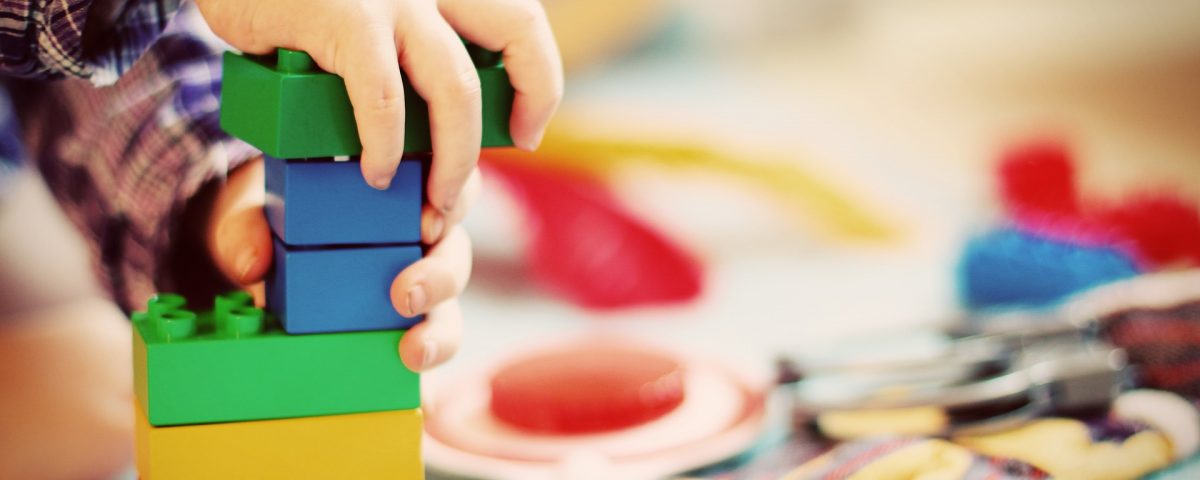
*Ad-Paid. All opinions are my own.
Murray Morrison is one of the UK’s leading Education and Revision experts. With over 20 years of experience within the education, learning and revision sector he is perfectly placed to speak to the media with confidence, extensive experience and authority.
Murray has personally taught hundreds if not thousands of students on a one to one basis to help them reach their full potential, pass their exams and grasp the process of efficient learning.
Since 2012, Murray has focused fully on developing Tassomai into a cutting-edge software business. Having created the platform, its algorithms and written the first 60,000 questions as a means to support his own students, the program later became available as a subscription service. In 2013, the platform was seeing over 1000 questions answered daily. Now it is over 1 million each day.
Teach your tots to learn effectively from an early age
I’ve lost count of the number of children I have worked with over the years. Though each child was unique, the academic challenges they were dealing with tended to have a good deal of common ground.
And while my students were typically aged 12-17, it was when my own son was born that I realised the extent to which the habits and behaviours formed in the first years can affect a child’s entire educational journey.
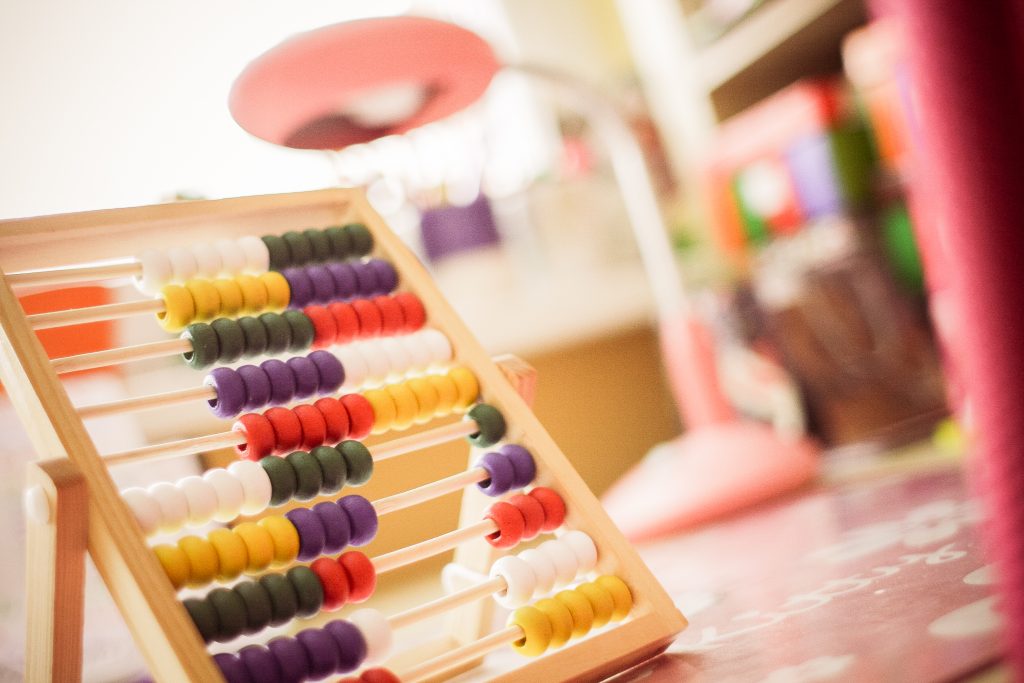
Habits become behaviours
Behaviour is a major focus in schooling policy at the moment. The reason for this is that school leaders have come to accept that, if students are not able to listen and learn, it makes no difference how good their teaching is. So here’s your first chance to set your child on the best learning path.
If we want our children to start school ready to make the most of it, instilling those habits that we think of as ‘good behaviour’ will count for more than anything else.
Helping a child learn to be calm, be still, listen to others and manage their emotions is, I believe, the single biggest advantage we can give them. When a child has the ability to focus and sustain a routine, their learning becomes more focused, more powerful and more deeply embedded.
Let’s be clear though – this is not about being a harsh disciplinarian – but it’s key that we encourage and reward these positive behaviours and do not indulge negative behaviour like tantrums. From these foundations, we can build resilience.
Resilience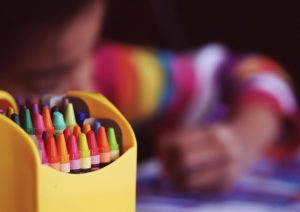
The process of effective learning is built around managed failure: we see something, we try to copy (and fail), we get some feedback and try again. As parents we can make this process ‘normal’ for our children by letting them fail, giving them feedback, letting them try again and fail again.
If, instead, we protect our children from the risk of failure – or let them angrily act out their frustrations, then school will be a traumatic experience for them. Managing failure, dealing with seemingly insurmountable challenges and learning from the struggle is what people mean when they talk about ‘resilience’ in this context.
The child that will ultimately succeed is not the one with the most innate talent, but the resilient one who can learn from their failures and apply the lesson.
Learning the basics isn’t always about the 3Rs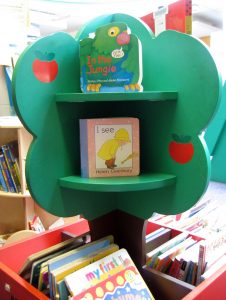
I know many who can get their children reading or reciting times tables as soon as they can walk. While this is impressive and laudable, I’d advise parents to relax on that front.
If your child is excited to read, write and learn numbers, then by no means avoid it, but please remember that they’ll end up repeating the whole process over and over when they start school. The risk is that they become bored or complacent.
Instead, focus on their social skills: the importance of manners, consideration for others, playing and sharing, conversational skills, washing hands and wiping noses… these are the things that aren’t always covered so well at school, and they will confer an enormous benefit on their learning and wellness.
Curiosity
Early years schooling is all about learning through play, exploring ideas and communicating ideas… and actually, while later years’ learning becomes more formal, the tenets remain the same.
Activities and conversations at home that engender a sense of excitement about exploring, that let your child know that it’s the not knowing and the finding out that is the fun bit will put them in a great position for what’s ahead.
Pack for the Journey
Education can be a thrilling journey. Approaching the run-up to school with an eye on behavioural and psychological preparation means your little one can get the most out of the experience.
